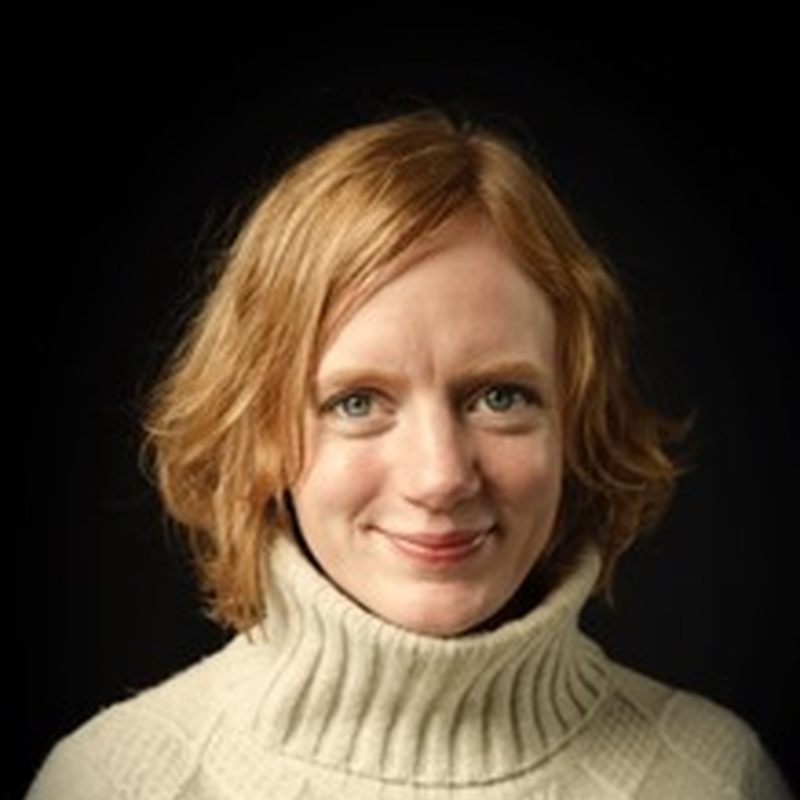Erika Fatland

The Norwegian writer and anthropologist Erika Fatland (b. 1983) is an all-round marvel. She speaks seven languages, has studied, travelled and worked in a wide range of countries, and is the author of articles for various newspapers and magazines.
Fatland made her debut as a writer in 2009 with the children's book Foreldrekrigen (Parenting war). It was followed by three works of non-fiction.
Thanks to her fieldwork in the Caucasus she has gained a reputation as an expert on the most forbidding region of Russia. She interviewed a large number of people who were involved in the hostage drama in Beslan, Russia, in 2004. This experience lay at the basis of both her master's thesis in anthropology and her book Englebyen (The Village of Angels). It was followed a year later by Året uten sommer (The year without summer), about the terrible bloodbath caused by Anders Breivnik in Oslo and Utøya in 2011.
Each book is preceded by a period of intensive research in the field, during which she visits survivors, victims and relatives. Drawing on their stories, she records a journey through a region or country.
Fatland's latest book, Sovjetistan, is a travelogue through the five former Soviet states of Kazakhstan, Kyrgyzstan, Tajikistan, Turkmenistan and Uzbekistan, which all gained independence in 1991. Equipped with compassion and in-depth knowledge of these societies, Fatland explores how they developed. She invites her reader to become a witness of gripping events and interesting reports of how the Soviet legacy has influenced these countries.
In 2016 Fatland was selected by the European platform Literary Europe Live as one of the 10 New Voices from Europe. This recognition is granted to ten talented writers from Europe to increase their international visibility. Her books have been translated into Danish, Estonian, Finnish, German, Italian, Dutch, French, Russian, Polish and Swedish.
Erika Fatland will reside in Brussels for eight weeks to work on a new work of non-fiction about Russia's border. For this she made a long journey from North Korea to Helsinki. During her stay she will take part in the sixth edition of the Passa Porta Festival, of which she will also deliver the opening lecture.